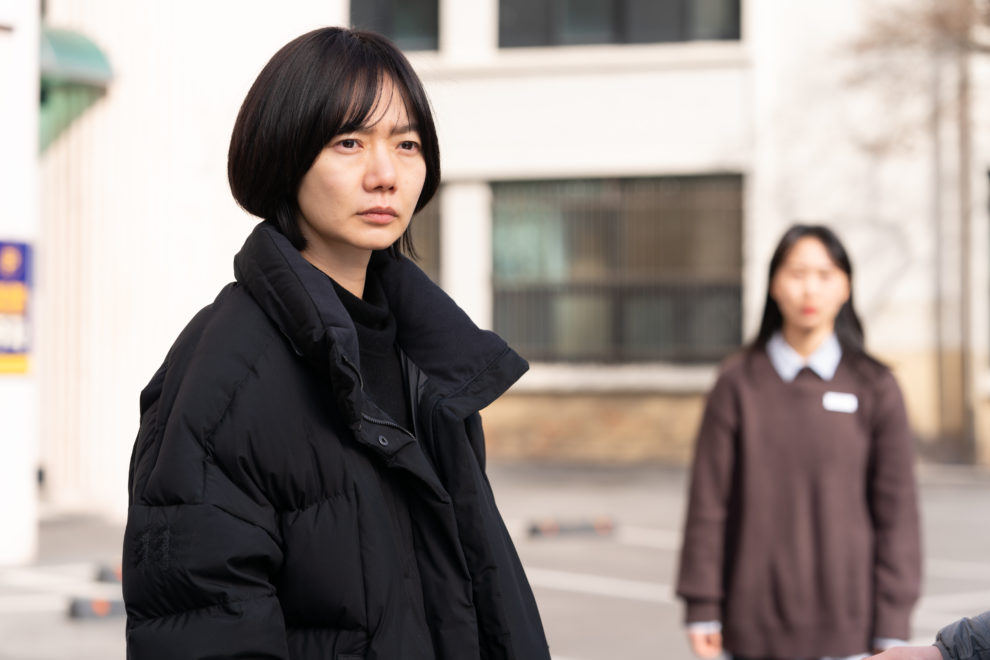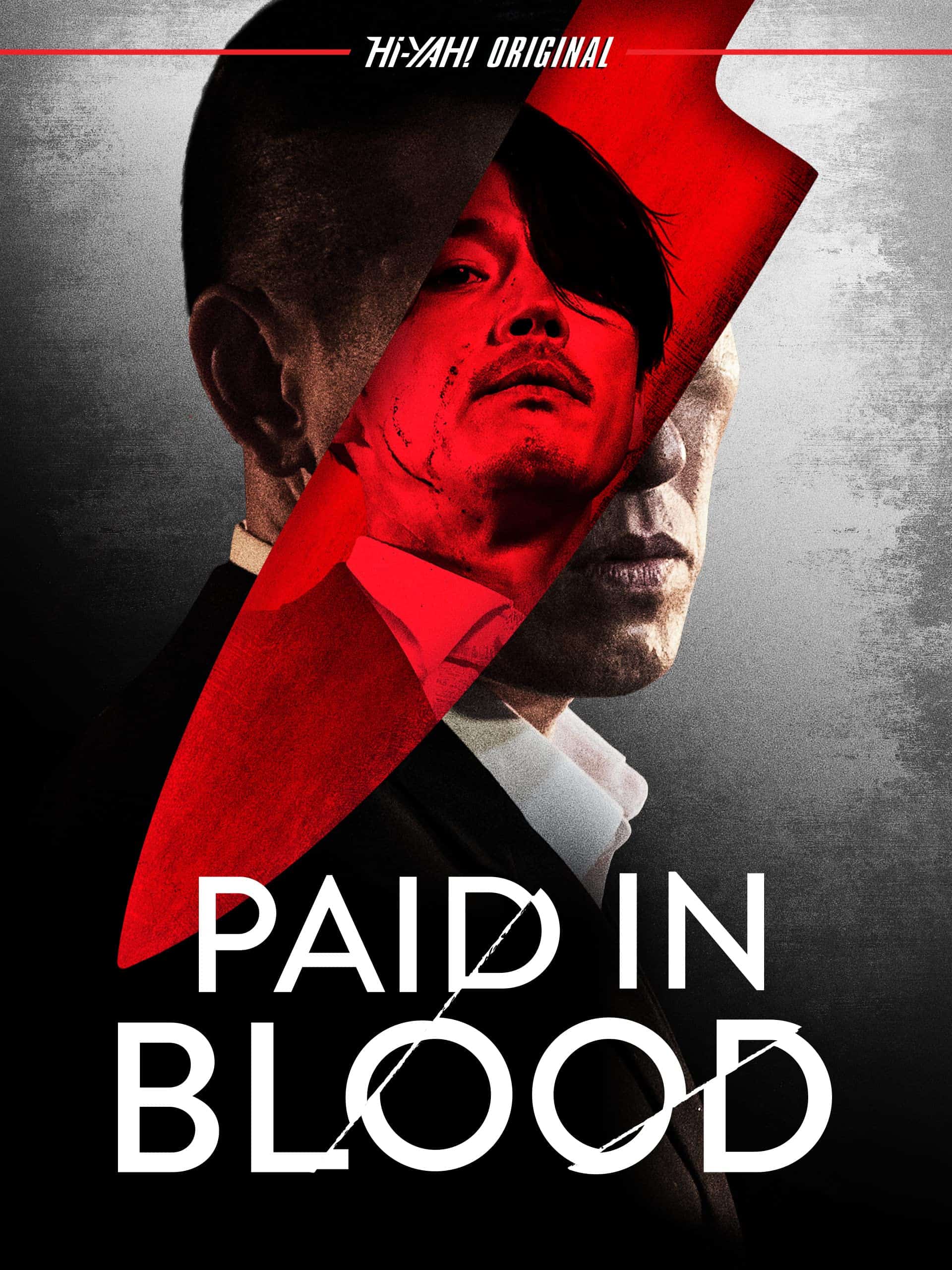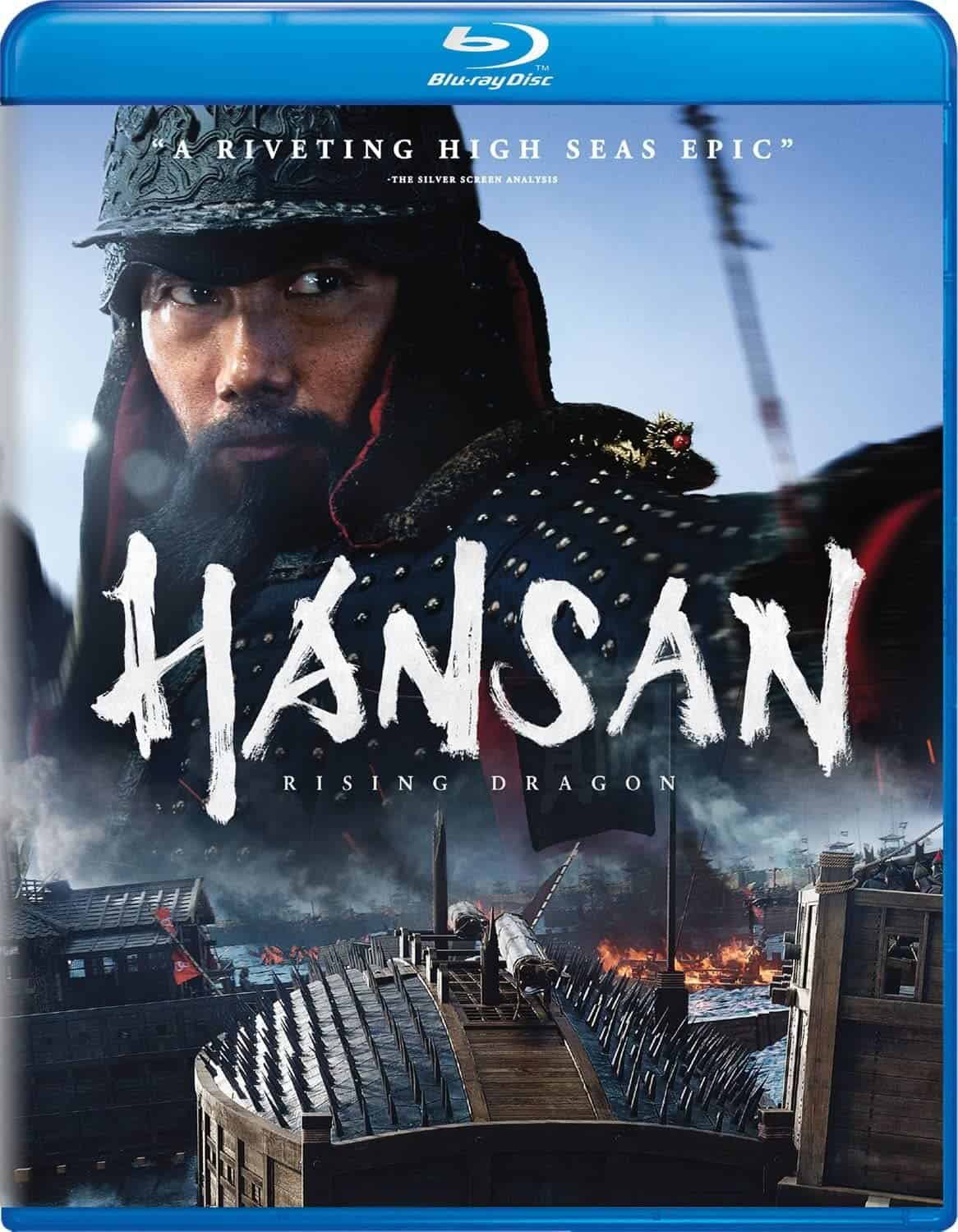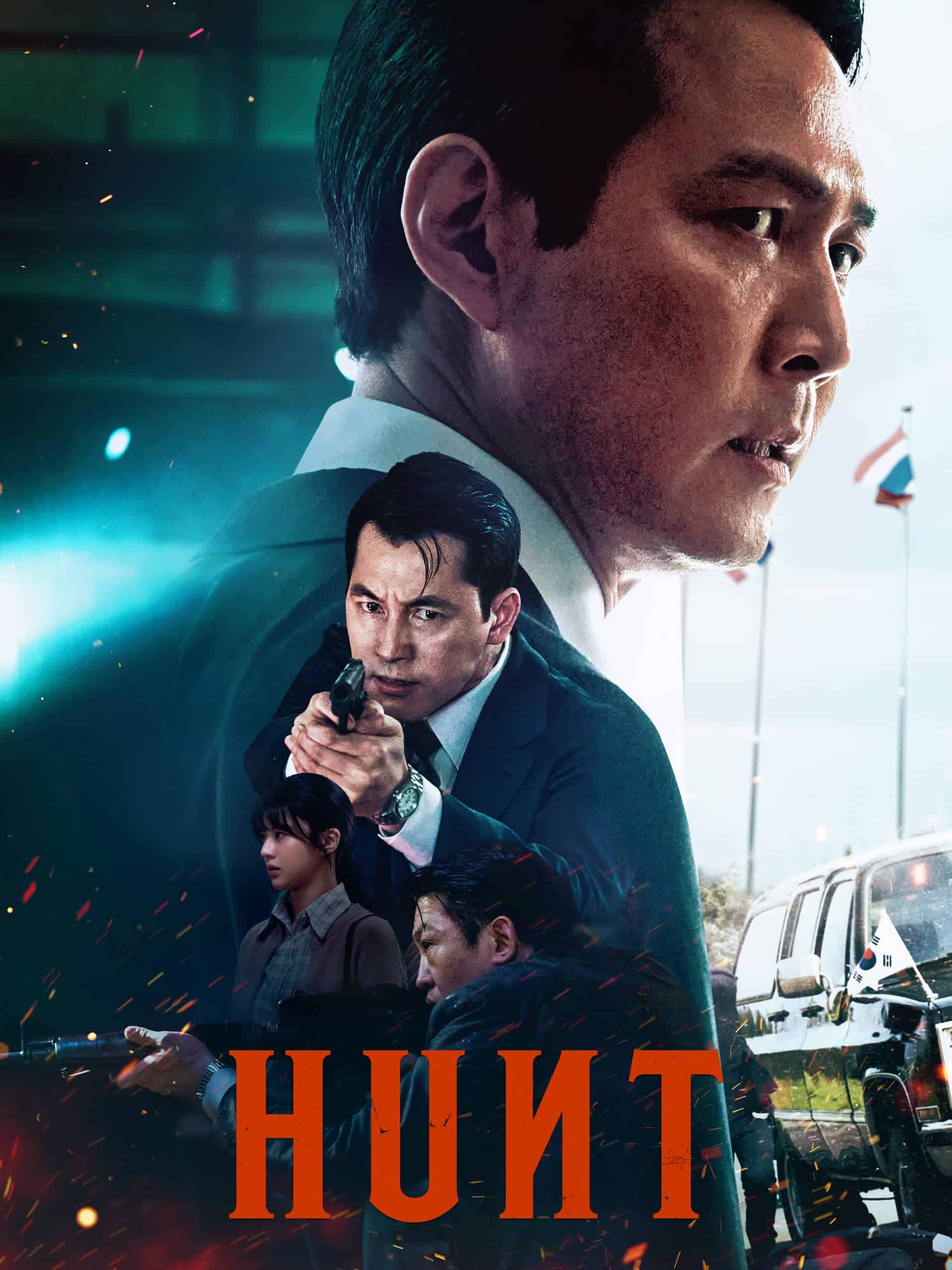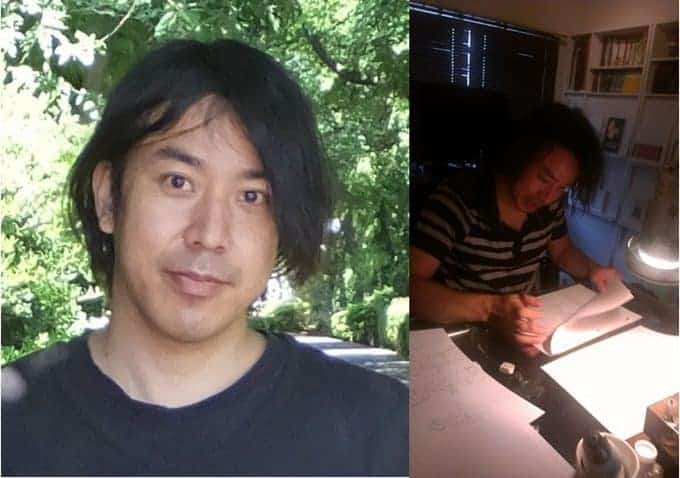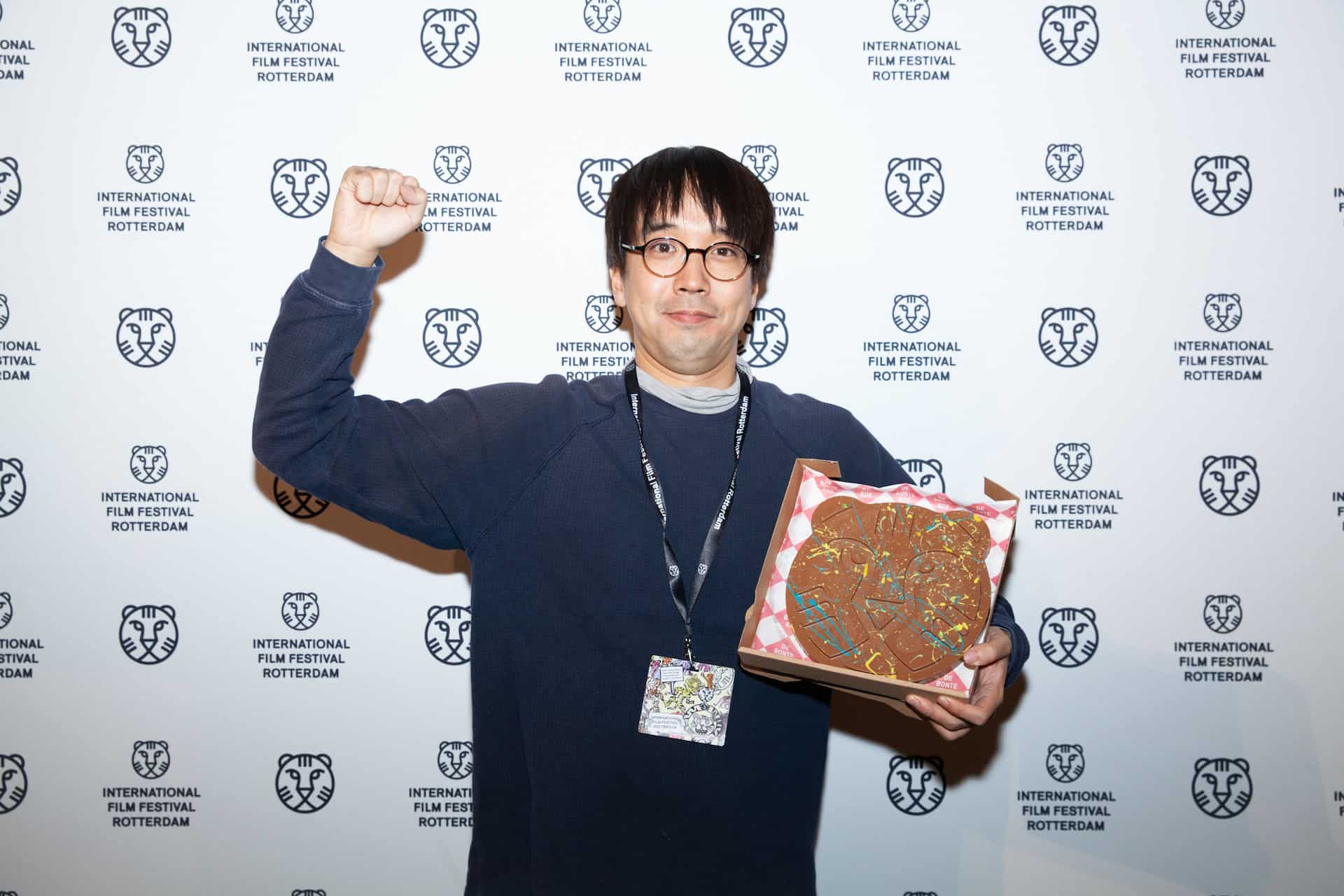As if to get even with 2021, where not may productions of quality came out, also due to a reluctance from the industry's side to release titles during the pandemic, Korean cinema seems to reclaim its position in the international stage in 2022, with a number of titles that definitely deserve a watch, to say the least. Even if there is no “Parasite” or “Burning” this year, “Decision to Leave” still emerges as something as close to a masterpiece as possible, while a number of other productions managed to stand out for a variety of reasons. The aforementioned was what “forced” to go a bit overboard regarding the number of movies in the list, jumping from 20 (and 15 last year) to 25.
In any case, here are the best South Korean films of 2022, in reverse order. Some films may have premiered in 2021, but since they mostly circulated in 2022, we decided to include them.
25. Table for Two (Kim Bo-ram)
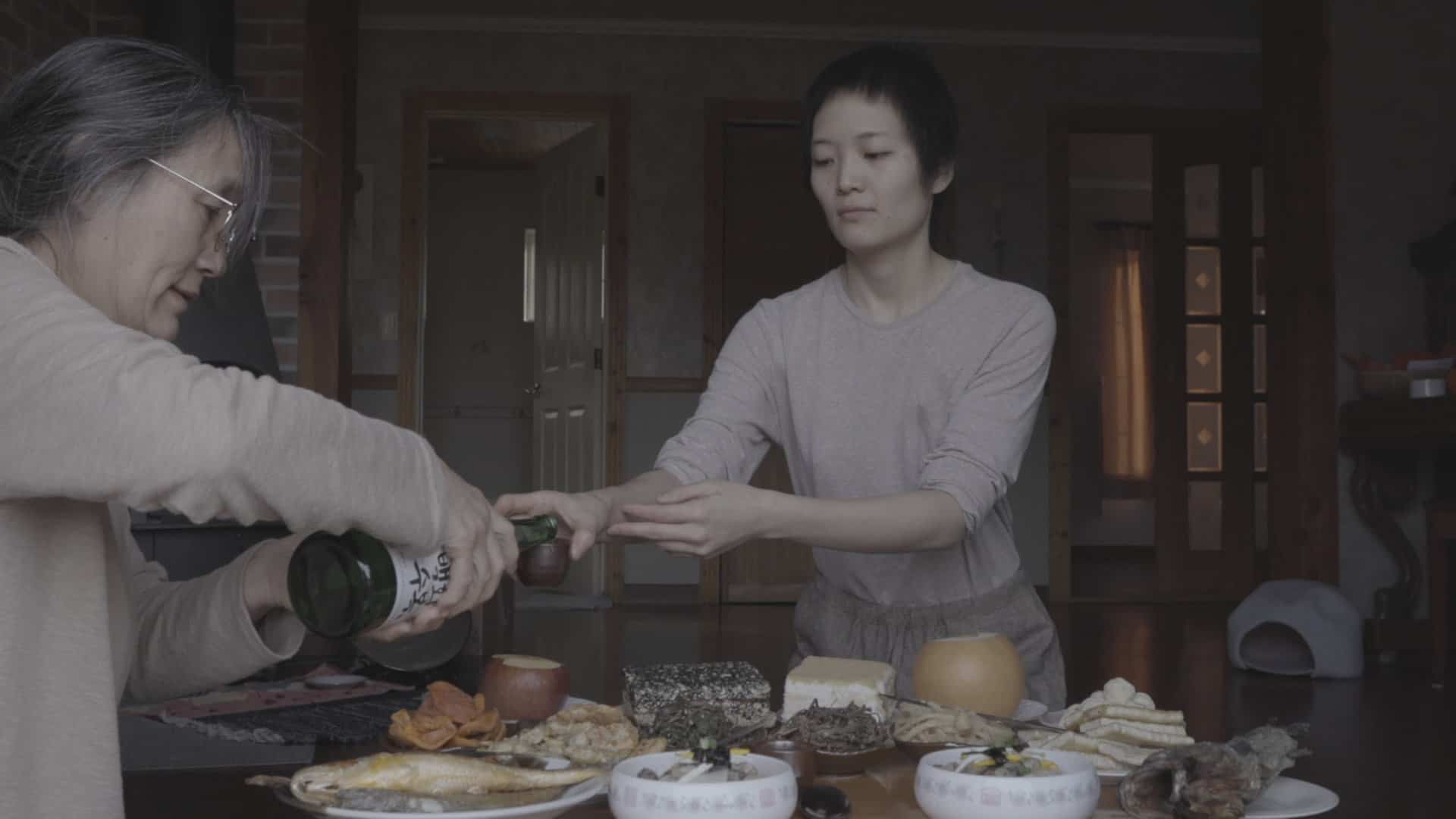
At the same time, though, and despite her stoic acceptance of her daughter's quite pointed remarks, the pain she feels hearing her talk like that is quite evident, in an approach that, quite realistically, does not necessarily offer a catharsis or bridges gaps that were formed over years. Furthermore, and in an effort to analyze her protagonists even more, Kim also focuses on the story of Chae-young's grandmother, whose behavior towards her own daughter seems to be the root of Sang-ok towards hers. That the only “compliment” Chae-young utters comes in this discussion highlights both this concept and all the aforementioned. Lastly, the documentarian also follows the two women after Chae-young moved to Brisbane, with a second round of discussions shedding even more light to their relationships. (Panos Kotzathanasis)
24. A Wild Roomer (Lee Jeong-hong)
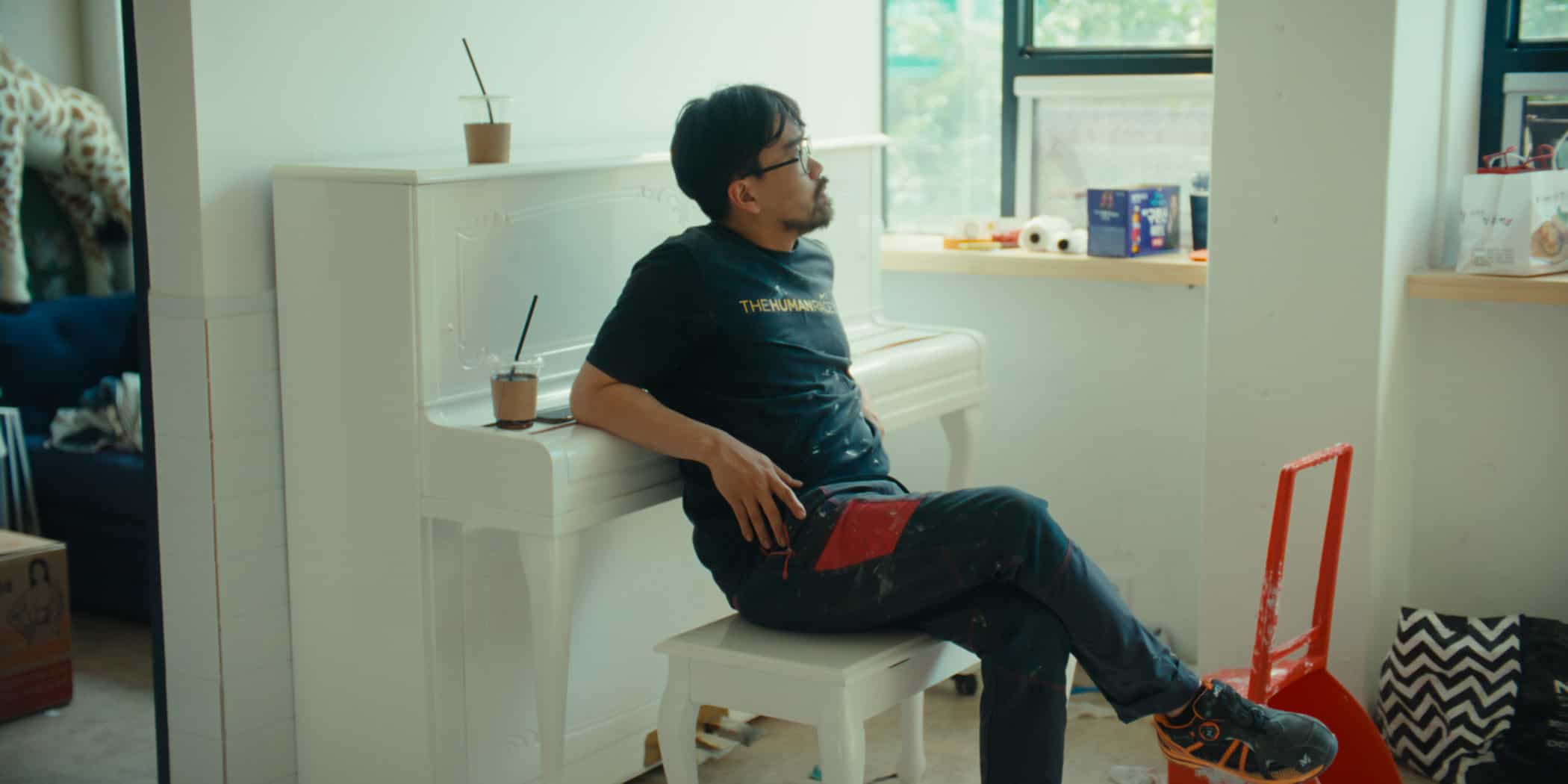
Lee Jeong-hong's feature is an interesting one, a story about Gi-hong, a carpenter renting a room from a married couple who tries to track down a person who damaged his van, whose uniqueness lies in its rather stark lack of a narrative drive. An intense character study that relies heavily on its leading man Park Gi-hong's performance, the feature may seem slow and does admittedly meander at times, with its unreasonably long runtime being felt at times, but it is ultimately a rewarding watch that plays on your minds for a good while after the viewing. (Rhythm Zaveri)
23. Paid in Blood (Yoon Young-bin)
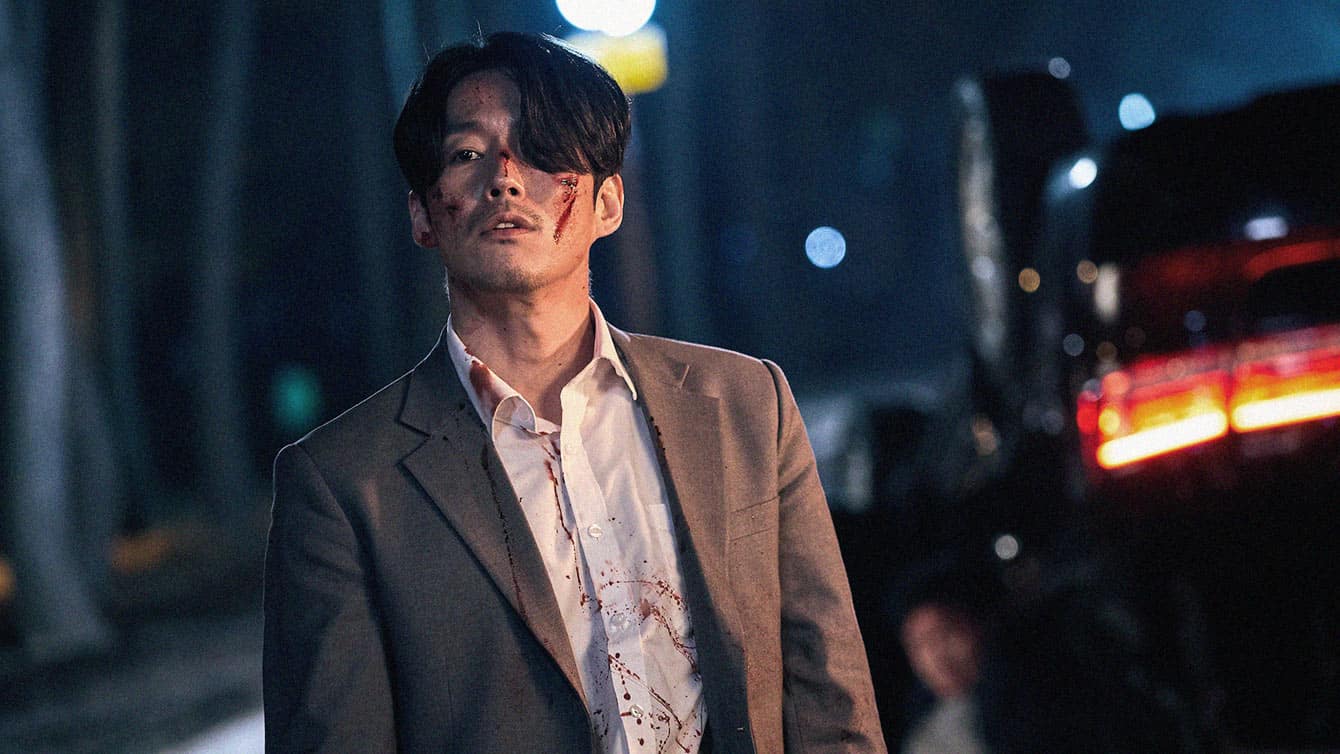
Yoon Young-bin directs a film that pays homage to both the Korean crime thrillers of the two previous decades, but also to the yakuza films, with the antagonism between the underbosses, the mad dog that ruins the balance, the respect to the Chairman and the rules, as eloquently depicted in funeral scene, and the combination of male comradeship and toxic masculinity forming the basis of the movie. A second crucial narrative element comes from the antithesis between the two main rivals, with Gil-seok being the ” hero ” and Min-seok the “villain” being as different as possible, despite the fact that they are doing the same “job”. (Panos Kotzathanasis)
Buy This Title
on Amazon by clicking on the image below
22. Hansan: Rising Dragon (Kim Han-min)

All the shortcomings of the first half, however, are forgiven and forgotten once the final battle at Hansando begins, a spectacle that lasts for the final forty minutes of the feature's runtime. As expected from the sequel of “The Admiral”, the battles sequences here too are nothing short of epic. The ships are magnificently realized, as are the key moments of the conflict. Every urgency, every canon-fire and every clash of the ships is felt vividly, with credits also going to the work done in the sound design during these sequences. As expected, there's moments of nervousness, sorrow and elation, each of which is delivered with precision and felt by the audience, in scenes that would surely warrant uproarious standing ovations if seen in a packed theatre. The CGI remains an integral part for the naval battles, all of which is executed in an impressive manner. (Rhythm Zaveri)
Buy This Title
on Amazon by clicking on the image below
21. Drown (Lim Sang-su)
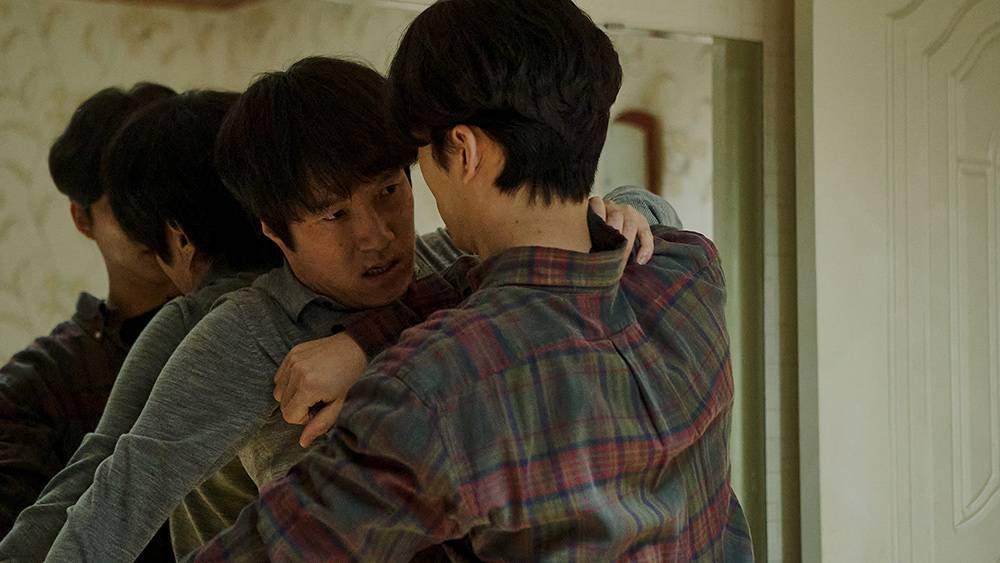
Lim Sang-su directs a film that thrives on its atmosphere, with the timid protagonist and the overall sense of disorientation that dominate the narrative carrying the movie from beginning to end. The fact that he uses Do-woo in a way that aims to direct the thoughts and feelings of his audience, also works quite well here, resulting in a character that is very easy to empathize with, even if his timidness can be annoying at times. At the same time, the questions that rise are also intriguing and add to the atmosphere. “Did he do it? Did the stranger do it? What is the role of the hostess? Are his visions a recollection of reality or drug-induced paranoia?” The fact that the attitude of the two is mysterious and confusing to say the least, heightens the sense of disorientation even more, and in conjunction with Do-woo's visions, even makes the viewer question their actual existence, after a point.
20. Gyeong-ah's Daughter (Kim Jung-eun)
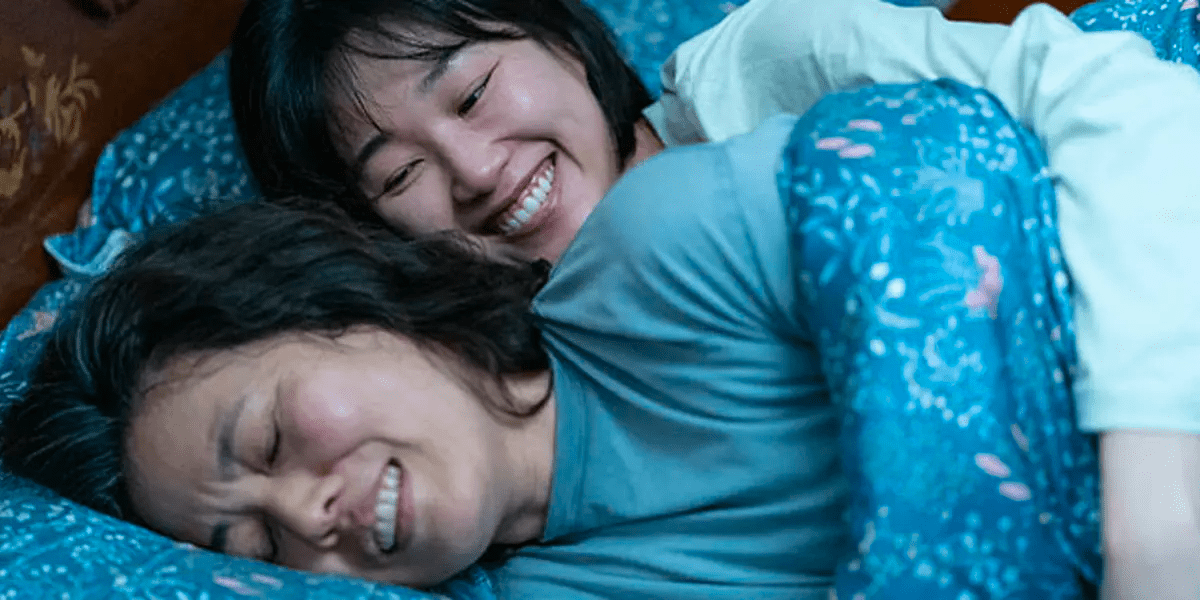
Kim, for her first full feature, chooses to pose her questions about modern life and the lifechanging, unpredictable events that could easily cause us a mental chaos by disguising them with the looks of a classic, polished Korean drama, quick paced in its first part, melodramatic and slow in its second, with a sollution that is indeed a crowd-pleaser but still, it comes as a consequense of the mother's tactless behavior (a great gimmick, if the creators did it on purpose).The incident that occurs in the movie is one of the most popular violating acts of the recent years driven from our dangerous ease with technology. The troubled mother-daughter relationship is a vehicle that carries the thoughts of the power of the unexpected, the limitations of sharing fragments of our life with others and eventually, Kim elaborates the concept of revenge and the real use of it. If it really is any… (Christina Litsa)
19. Star of Ulsan (Jung Ki-hyuk)
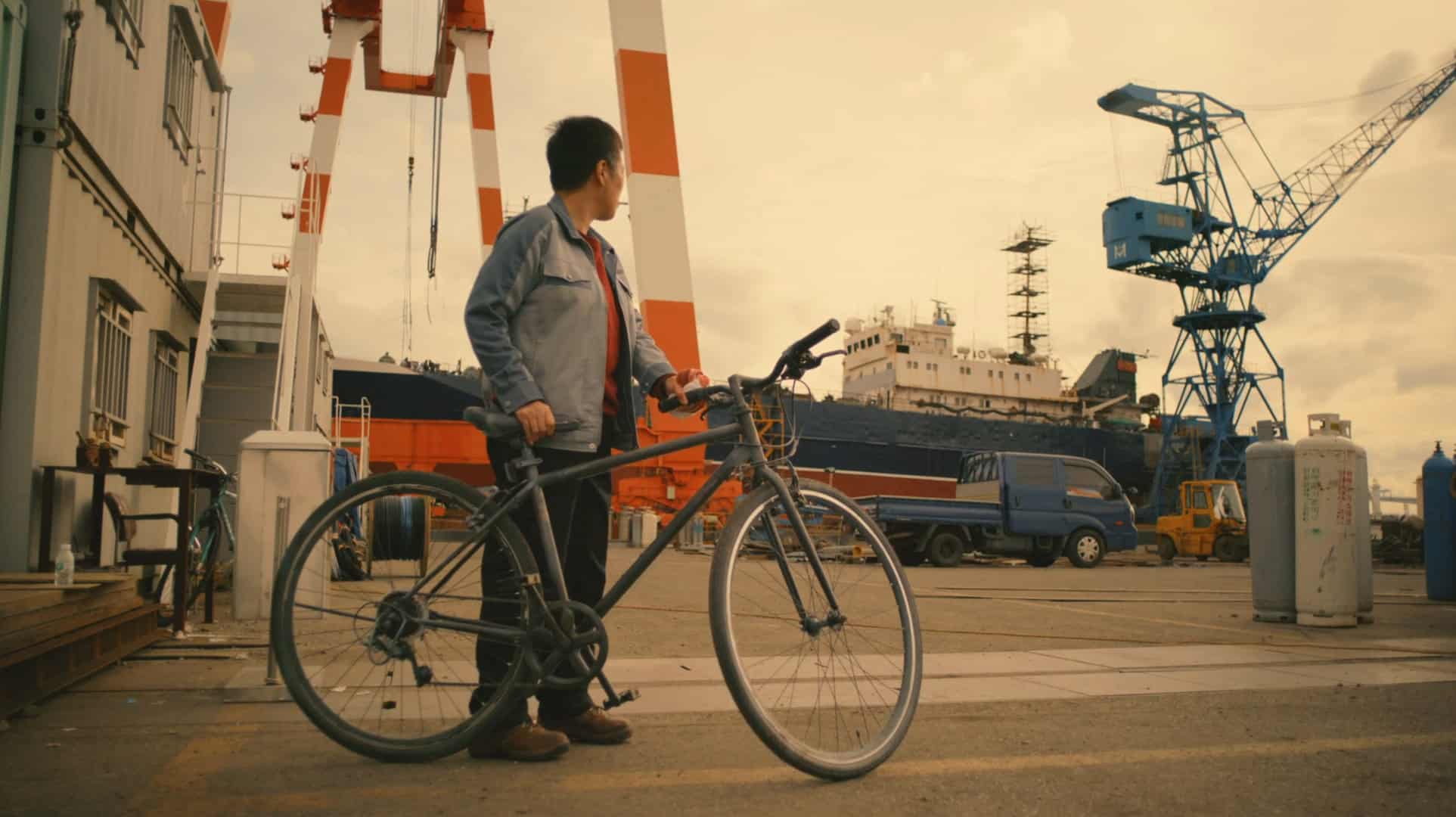
Star of Ulsan calmly captures a way of life that is silently collapsing. Yunhwa, who works at a shipyard to manage their livelihood after her husband′s accident, receives a notice of unfair dismissal. To make matters worse, their relatives suddenly come and try to take away the family land. Her son loses a large sum of money with Bitcoin, and her daughter dreams of escaping to Seoul while giving up her studies. Instead of resolving the misfortunes and conflicts surrounding the characters at once or erasing them neatly, the film chooses to stare at the uncomfortable situations as long as possible. In that way, the film, which makes it impossible to turn away from the stains and fatigue of life, reminds us of moments and things that cannot be turned away and should not be turned away. It is trustworthy because the characters do not give up hope nor indulge in self-pity easily. (SONG Kyung-won, Busan International Film Festival)
18. Walk Up (Hong Sang-soo)
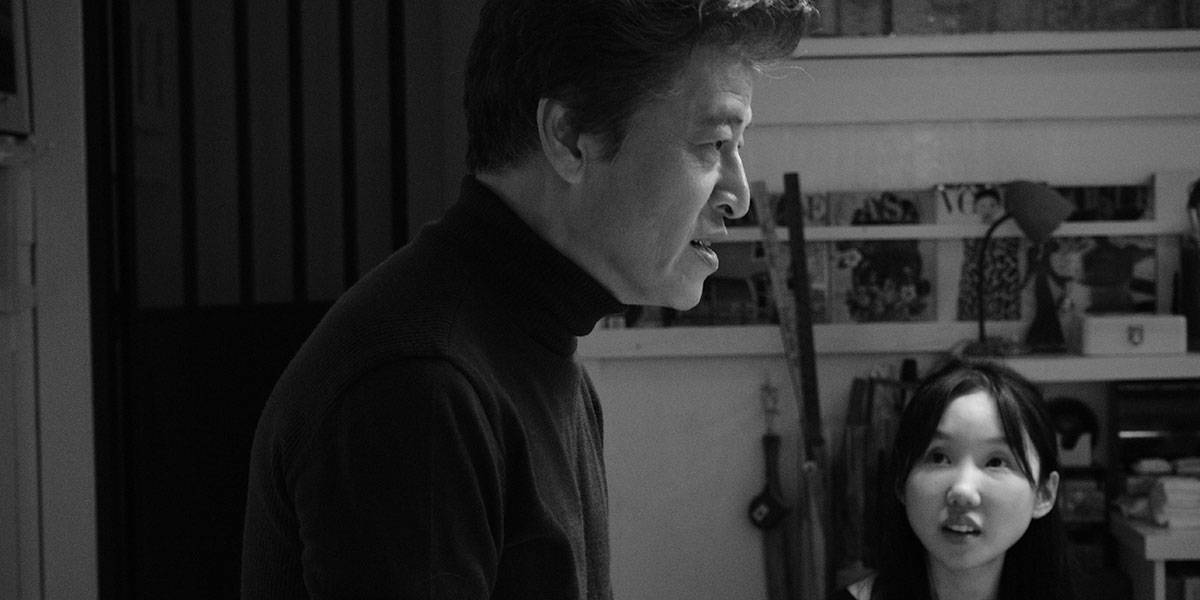
The staircase leads to self-reflexivity, and part of the perceptual delight is in the director's tongue-in-cheek commentary of his own career. In one of the film's most alluring moments, Hong Sang-soo questions how one should view a filmmaker's work. Should one watch it mirthfully, with a glass of wine in hand? Or should one take soberly sit through the 90 minutes? Is it strange to travel to film festivals only for retrospectives? Or should one continue to churn out movies, like a machine, to stay on the circuit? (Grace Han)
17. The Devil's Deal (Lee Won-tae)
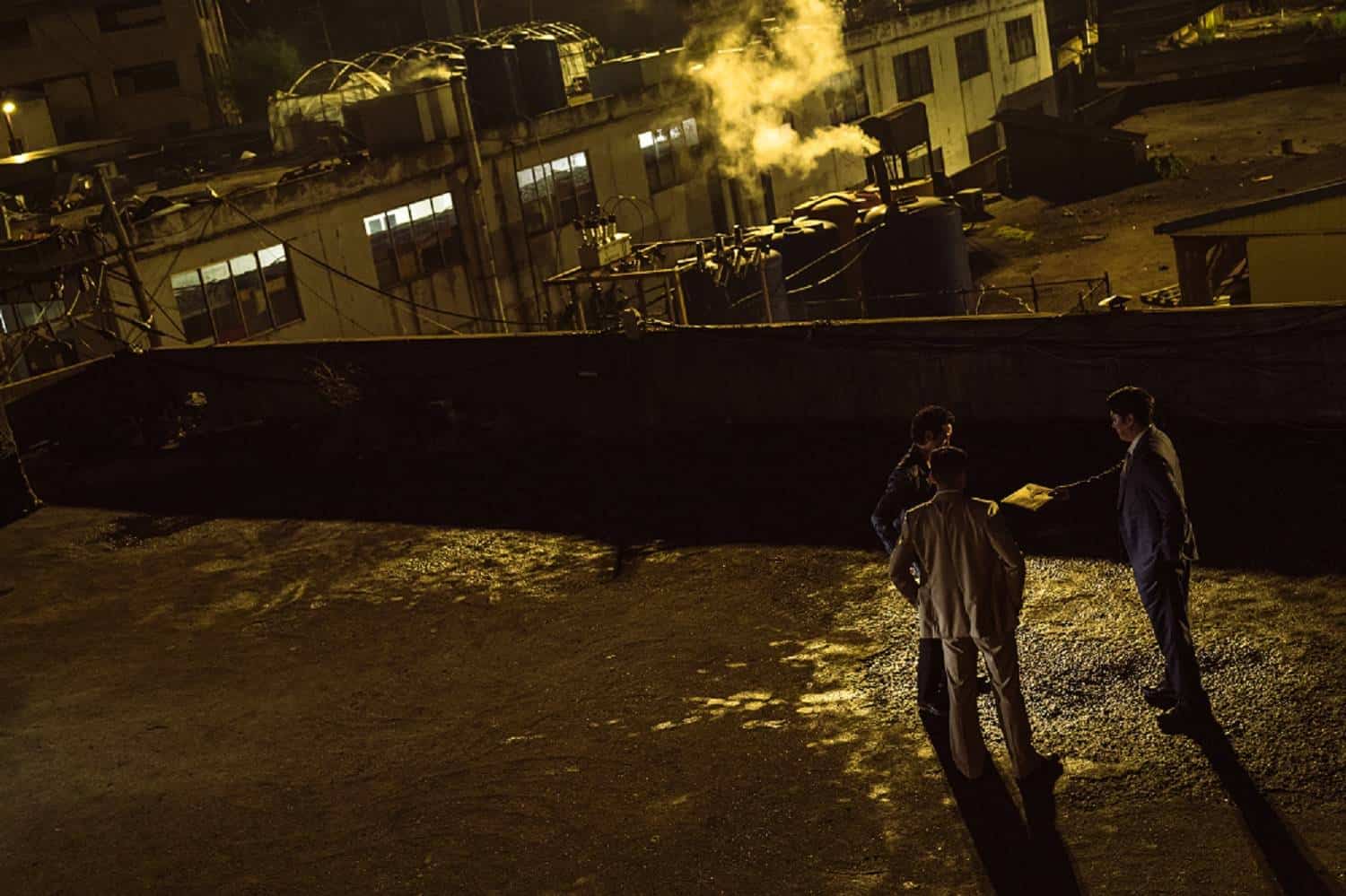
Lee Won-tae directs an intense political/crime thriller, where a phrase Soon-tae once utters, about people being pawns in the political games of those who actually run the show, being the main comment here, as people after people end up being used or even dead, in the race between Hae-woong and Soon-tae. Apart from this comment, however, Lee also comments on the corruption that still dominated Korean society at the time, and actually extended from the higher echelons to the local gangsters, including public employees and the press. The way the two adversaries use their friends and allies, and how quickly alliances change in the story, highlights both these main aspects, and is also the element that allows the story to remain captivating from beginning to end, even if the narrative becomes somewhat repetitious after a point. (Panos Kotzathanasis)
16. Hunt (Lee Jung-jae)
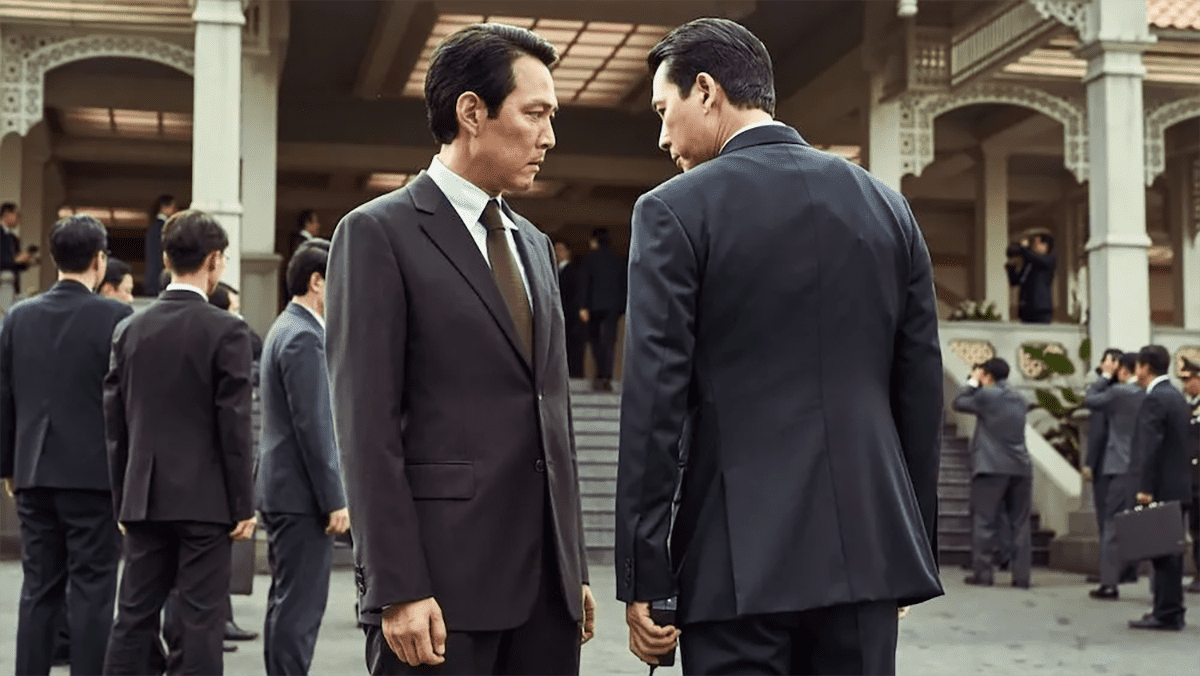
This is a film that has been polarizing film critics since its first screening in Cannes Film Festival's Midnight Section. Some praise it for its lavishly produced overload of mayhem and fantastically orchestrated action scenes, while others criticize its lack of coherence. And although there are big hickups in the storyline which suffers from overload, the lack of coherence gets compensated for, through the excessive use of well-functioning distractors such as rivalry, a deceiving female, bombs going off (although they miraculously destroy every brick, but are not doing the great job at killing), stomach-turning torture, car chase… Some of those moments are done with such an elegance, that logic becomes secondary in the process. Others are executed with an exaggerated enthusiasm, particularly towards the end, potentially causing pain in abdominal muscles. (Marina D. Richter)


